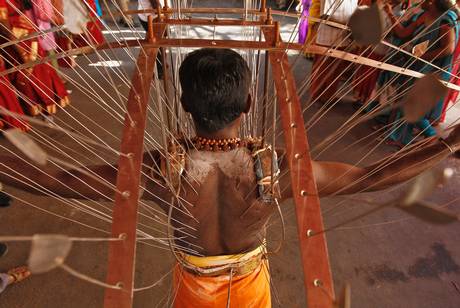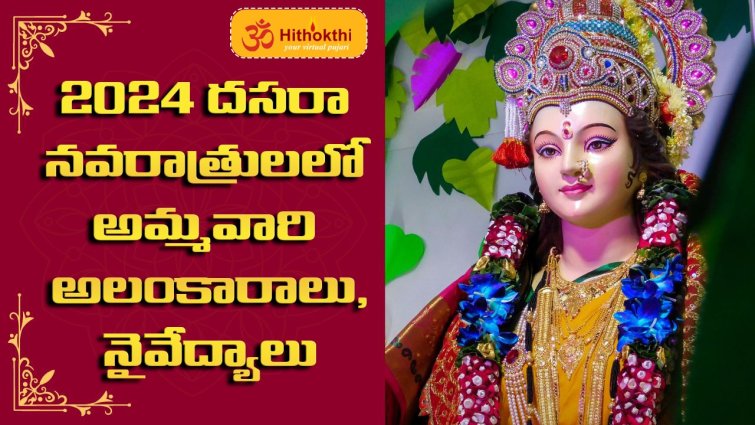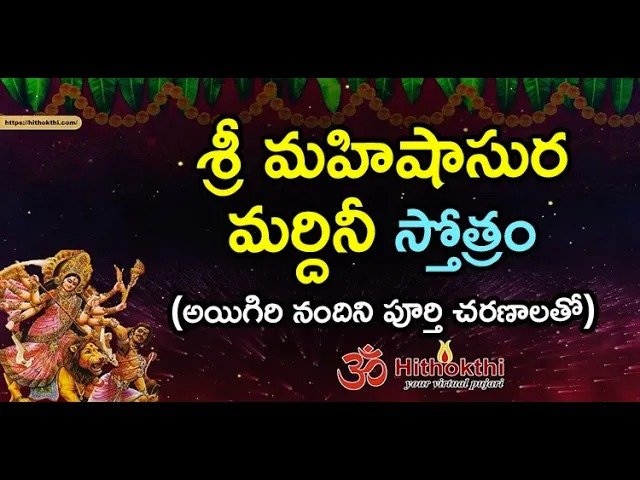Inflicting Physical Pain during Ceremonies Increases Charitable Behavior: A Study

July 17, 2013: A study of extreme religious rituals has provided new evidence to support the longstanding theory that physically inflicting pain during communal ceremonies increases charitable behaviour.
Researchers from Victoria University travelled to the island of Mauritius in the Indian Ocean to observer a pair of contrasting religious rituals for the Hindu festival of Thaipusam.
One of the rituals was ‘low ordeal’ - involving only group singing and prayers - whilst the other was ‘high ordeal’, with participants piercing their bodies with needles and skewers, dragging carts attached to the skin with hooks for four hours, and climbing a mountain barefoot.
“We're interested in understanding why so many religious rituals contain an element of suffering, and why extreme rituals, such as those in Thaipusam, persist for centuries," says Dr Joseph Bulbulia, an expert on religion.
Bulbulia, along with colleagues from Victoria University – Dr Ron Fischer and Dr Paul Reddish - are the first to carry out ‘natural’ experiments investigating how extreme rituals affected individuals’ social behaviour.
Randomly selected participants from both ceremonies were asked a series of questions about social identity and then given 200 rupees (equivalent to two days’ pay) with the opportunity to donate the money anonymously to a temple.
Although individuals from both rituals were charitable, the results of the study showed how pain increased ‘prosocial’ behaviour.
“In the painful, extreme ritual, levels of charity were significantly higher—in fact they were almost twice as high,” said Dr Bulbulia.
The study also showed that individuals did not have to directly take part in extreme rituals to increase charitable giving – they just had to have strong associations between physical pain and the ritual itself.
"The pain finding was interesting, but not entirely surprising. The results support longstanding theories that extreme rituals, involving painful or demanding individual displays of commitment, increase people's prosocial behaviours and attitudes," says Dr Bulbulia.
"However, before this study the theories had yet to be put to the test in a natural human setting."
Although the study was confined to the island of Mauritius, Dr Bulbulia says that the results have wider implications for a whole range of societal rituals, helping us to understand the psychological mechanisms behind events that create a sense of solidarity.
This could include everything from days of national memorial to the “role of suffering in sports competition.”
Source: The Independent, DT. July 17, 2013.







